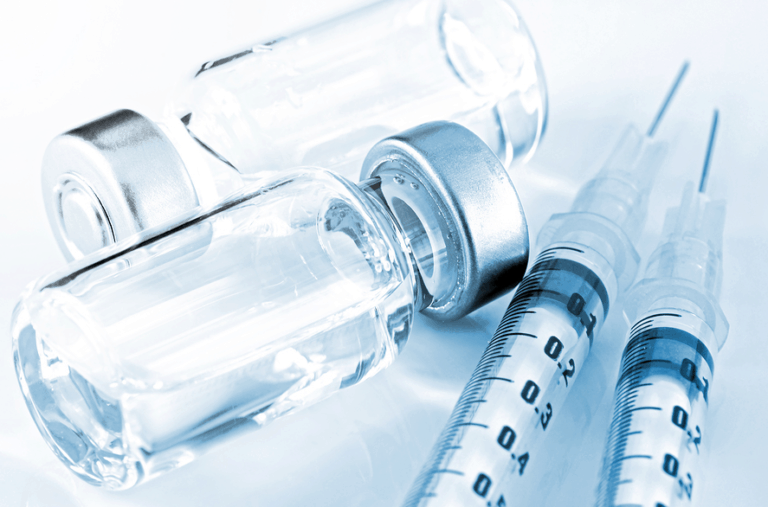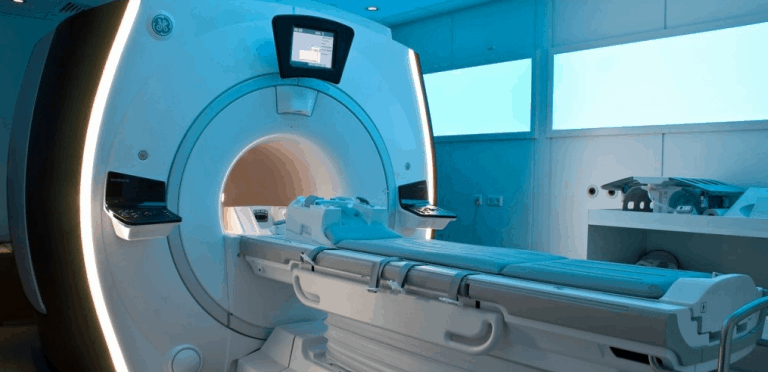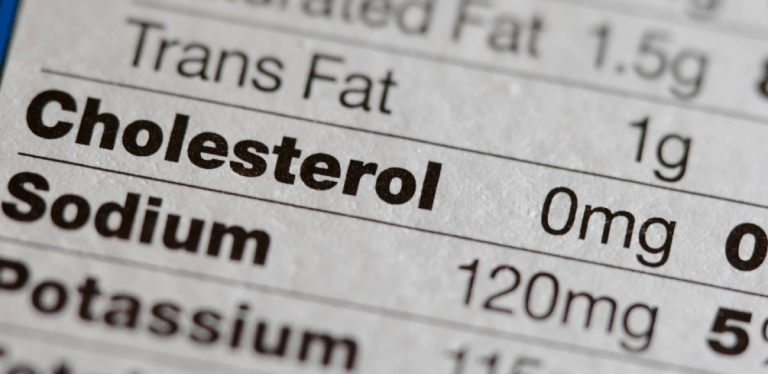I have posted numerous blogs on the risk of aggressive prostate cancer (PCa) for men who are overweight. Once again, research bears this out. A new Canadian study involved 51 patients scheduled for a prostate biopsy who were first evaluated for factors related to body composition and metabolism. Once the biopsy results were in, the cases were evaluated for the presence or absence of PCa, and Gleason score if cancer was found.
The researchers found that patients who were diagnosed with Gleason > 4+3 had the following:
- Significantly larger waist measurements
- Significantly larger hip measurements
- Higher body mass index (BMI
- There were no differences in fasting glucose (blood sugar) but there were significantly higher C-peptide concentrations for the same group, “suggesting greater insulin secretion” which may indicate a precursor for diabetes. NOTE: Obesity and diabetes are closely associated.
Also, patients who were not diagnosed with cancer had greater skeletal muscle mass.
What does all this add up to? It means that a fitness lifestyle (good nutrition, regular vigorous exercise, stress management – yes, stress hormones contribute to poor metabolism and obesity – and supplements) reduces many risks, including prostate cancer aggression.
There is additional research evidence that a concerted fitness lifestyle actually promotes change at the genetic level whereby genes that promote tumor activity are “switched off” and genes that inhibit tumor activity are “switched on.”
There are so many benefits to achieving and maintain proper weight and normal BMI. Adding prostate cancer prevention to the list can only boost a man’s motivation even further.
Copyright by Dan Sperling, MD. Reprint permission courtesy of Sperling Prostate Center (New York, Florida), the leading U.S. center for multiparametric detection, diagnosis and image-guided focal treatment of prostate cancer.
Read more in our Prostate Cancer Health Center.
Reference
Di Sebastiano KM et al. Elevated C-peptides, abdominal obesity, and abnormal adipokine profile are associated with higher Gleason scores in prostate cancer. Prostate 2017 Feb;77(2):211-221







